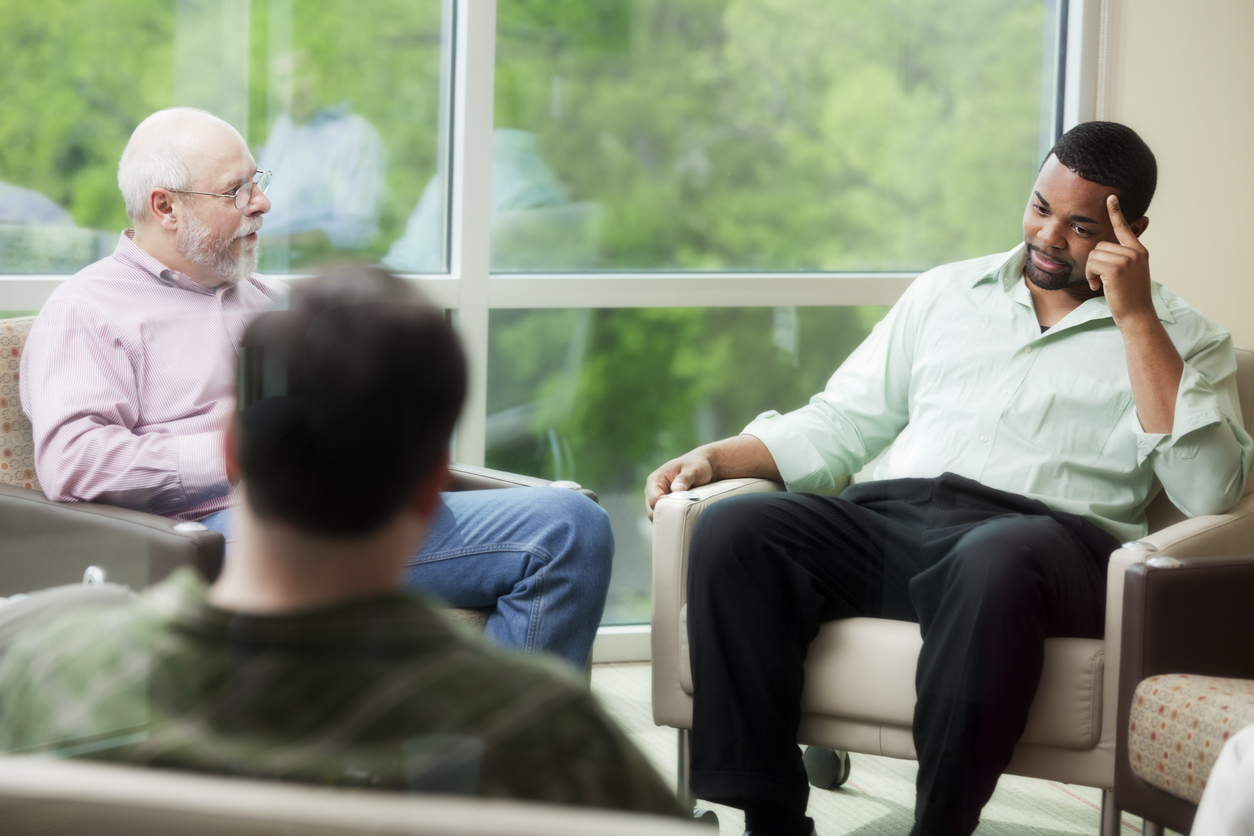Abusive behaviour can involve a range of actions, including physically hurting someone, pushing or shoving them, frightening them, or controlling or pressuring them into doing what you want or not doing what they want. These behaviours are known to have a significant health impact on women and children, and on men.
The NIHR-funded REPROVIDE study will develop a group programme for men that aims to help them understand and change their behaviour. The programme will then be tested to see whether it works for the men and improves the safety and wellbeing of their partner or ex-partner.
The study aims to recruit 48 men who live in Bristol, North Somerset or South Gloucestershire, and who are (or have been):
- in a relationship with a female partner
- aged 21 or over
- worried that their behaviour towards female partners might be violent or abusive.
Men who take part will either join the group programme or a comparison group. Those in the group programme will attend weekly group meetings for approximately six months and complete questionnaires at various points during the study. Those in the comparison group will just complete the questionnaires.
Female partners or ex-partners of the men involved in the study will also be invited to take part. Their experiences – whether they feel safer and whether the abuse has stopped - will help the research team measure how effective the group programme for men has been. Partners or ex-partners will be offered appropriate support.
Professor Gene Feder, who is leading the study, said: “We need to know how best to support men who want to stop abusive behaviour towards their partner or ex-partner. It takes courage to admit that you have a problem with abusive behaviour. I would encourage men to get involved in this study so that we can learn about what works and reduce the devastating impact that domestic violence has on people’s lives.
“Our research group has a strong track record of doing studies that become the basis of policy and investment in effective domestic violence services. This study is a pilot – the first step in assessing whether this group programme works. If successful, we plan to conduct a much bigger study, a randomised controlled trial, which will give us even stronger evidence about its effectiveness. Alongside this study, in the REPROVIDE programme, we will also be interviewing male perpetrators in same sex-relationships, male victims and female perpetrators.”
If you would like more information or would like to take part in the REPROVIDE study, please contact the research team by emailing reprovide-men@bristol.ac.uk. All correspondence will be treated in confidence.
For help and support on domestic violence, these services provide free helplines:
RESPECT Phoneline: Confidential helpline offering advice, information and support to help men stop being violent and abusive to partners. Monday-Friday 9am-5pm: 0808 802 4040
National Domestic Violence 24 hr Helpline for women experiencing abuse: 0808 2000 247
Men’s Advice Line for men experiencing abuse: Monday-Friday 9am-5pm: 0808 801 0327
National LGBT Domestic Abuse Helpline: 0800 999 5428
